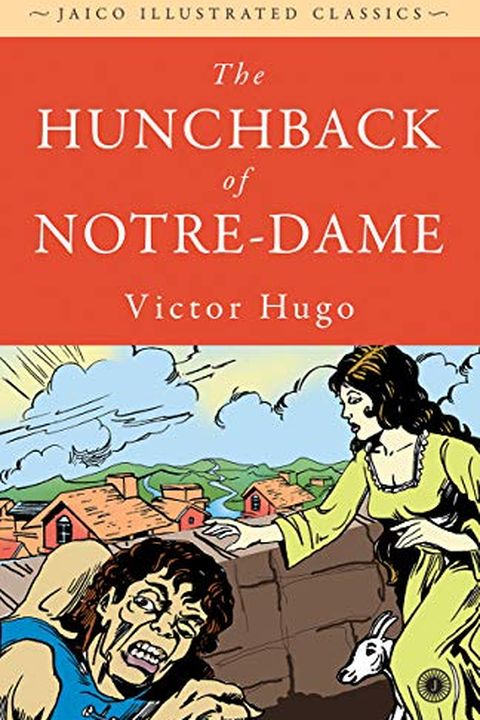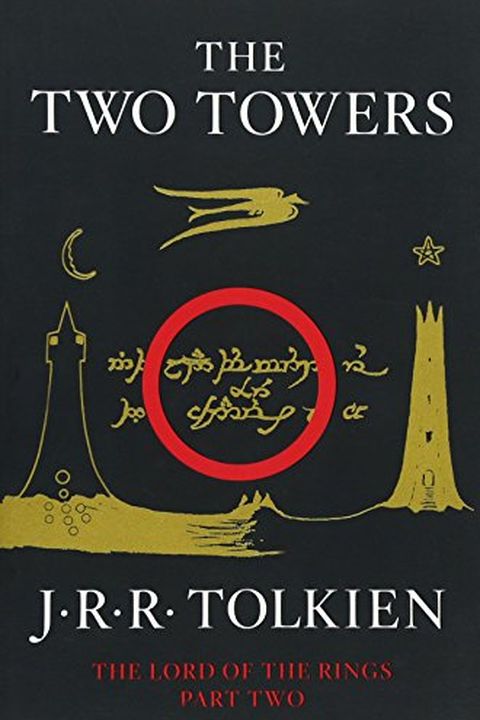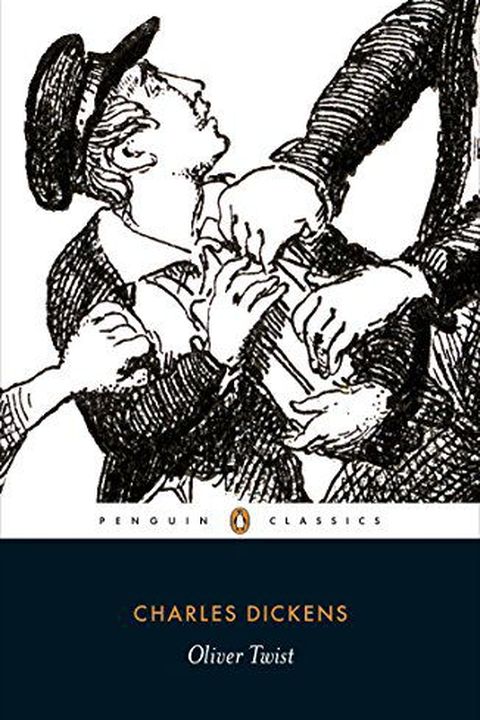Персонажи по Майерс-Бриггс
Персонажи типа ISFP
Adventurer
Flexible and charming artists, always ready to explore and experience something new.

Zuko
Zuko uses primarily a perceptual form of judgement throughout his life. He only evaluates a situation as it is happening to him. This can make him quite adaptable, but we see it work to his detriment in his pursuit of the Avatar. Fi being based on self experience in the world drove him to try and be the best son he could be. In his experience this is what made someone a good person. If he found the Avatar he could restore his honor and live up to some sort of meaning in his life. Zuko learns best through concrete hands-on experience. He isn’t one for theories and metaphors.

Arya Stark
Arya’s fiercely individualistic nature and vivid moral worldview hint at a strong preference for Introverted Feeling (Fi). That, coupled with her sensory, in-the-moment skills that come with her co-pilot Extroverted Sensing, make her a relatable character for many ISFPs. Many real-life ISFPs can identify with Arya’s strong morals and ethics, which are intensely personal. It’s also pretty common for ISFPs to have a strong sense of their own identity and resist efforts to make them fit into other’s expectations, as Arya does. She also prefers to keep her feelings private and interact with the outer world through taking action or voicing an opinion rather than expressing her inner self in words.

Esmeralda
Esmeralda is quite independent and self-motivated. She clearly dances to her own beat literally and figuratively. She doesn’t do anything she doesn’t want to do and finds herself on the fringes of society due to her independence. Fi is also “drawn to those incapable of helping themselves” and “sensitive to injustices and dehumanization.” Esmeralda does not take her time trying to verbally persuade or invigorate revolution. When she see injustice occurring against Quasi, she jumps into action. She frees him from his punishment. She is a very action oriented character.. Se also deals with “noticing details others might not” and a “strong visual recall.” Esmeralda is a very visual person with her bead map and sense of style. She is able to always find a way to escape. She is a character who always sees what is right in front of her that others might miss.

Jane Eyre
из Jane Eyre
Jane recognizes that if she stays as a mistress for Rochester, he’d eventually come to regard her like he does his past mistresses. She knows it’d be different if she marries him. She enjoys Rochester’s humor and can respond with her own once she’s clued in on its direction. Jane can be rather blunt when surprised (“Do you think me handsome?” “No sir.”). When she decides not to marry Rochester or St John, she says so clearly and firmly. She throws herself into her schoolwork, learning languages and other subjects quickly and well. When she rejoins Rochester, she states her intentions of remaining with him so clearly that she momentarily wonders if she ‘had too rashly overleaped conventionalities…

Starr Carter
Starr is driven by her emotions and her values. She cares deeply about right and wrong. Though she would like to fit in and avoid attention, she cares much more about sticking to what she knows is right and fighting for justice. Like other SP types, she also likes to live in the moment and physically engage with her world. For example, she’s on the basketball team in her high school, she’s very observant of the physical world around her, and she jumps right in with the protesters after the grand jury decision is made public.

Pip
Pip from Charles Dickens’ Great Expectations is one fictional character that demonstrates how an ISFP’s perspective can become skewed when they put too much faith in their tertiary Introverted Intuition. Like many young ISFPs, he’s a gentle and quiet child who feels things incredibly deeply. And he holds on to his passions and convictions, including his love for Estella, with a tenacity that can look crazy to outside observers. Once an FP’s convictions become deeply rooted it is very difficult to shake them, especially if (for ISFPs) they’re also tied-in with the idealism that can come from their less-reliable Intuitive side. Pip also becomes preoccupied with sensory experiences and with social prestige that comes along with keeping up an appearance of wealth. Materialism isn’t always a trait of SP types, but it can be and Pip’s one character that demonstrates that. He also goes through quite a bit of personal growth through this story. Though he’s an example of an unbalanced ISFP type for much of the book, he does learn and grow significantly by the end and I think many ISFPs can relate to aspects of his journey.

Éowyn
Like many real-life ISFPs, Éowyn from The Lord of the Rings is fiercely independent and far more capable than many of the people in her life give her credit for. She refuses to let others define her and has a a solid understanding of her own abilities. She’s practical and action-oriented, with a deep desire to help others and do what she feels is right. Yet she’s not as rebellious as another type might be. She chaffs under her family’s restrictions, but also does what’s expected of her for the most part. An ISFP can’t be happy if they’re not free to be their authentic self, however, and Éowyn has felt trapped for far too long. She fears being caged and refuses to let that happen. So she disguises herself as a man and fights for Middle Earth, ultimately triumphing because of who she really is deep down inside, not because of who she pretends to be.

Oliver Twist
из Oliver Twist
Although Oliver was often taunted by Noah Claypole while both were in the undertaker’s service, he never retaliated until Claypole insulted his mother. He quickly comes to conclusions about people he meets, such as disliking Grimwig for his eccentric behavior despite the fact he’s Brownlow’s friend. He cares deeply for his friends and displays no interest in meeting people beyond them. His emotions (combined with mistreatment) can send him into faints and fevers with their intensity. Oliver doesn’t often think about his past. Instead, he’s focused on his present and the people in it. He’s fascinated by the portrait of a woman, who later turns out to be his mother, because she “looks pretty.” Since he’s so young, his intuition rarely shows up, and when it does it tends to lead him wrong.